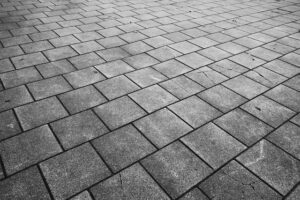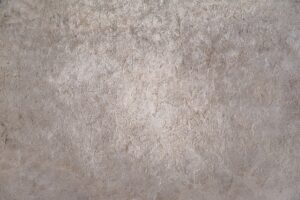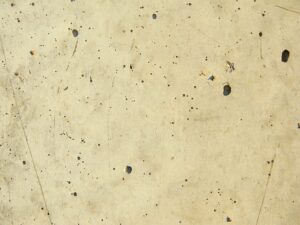Maximizing Energy Savings and Strength with Insulated Concrete Form Systems
Insulated Concrete Forms (ICFs) are a highly effective building technology that offers superior structural integrity, exceptional energy efficiency, a…….
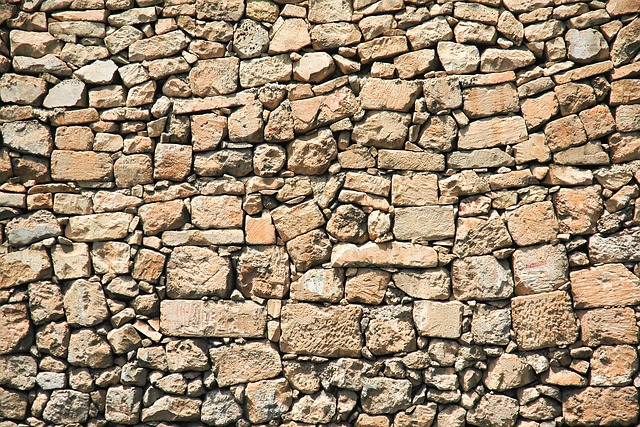
Insulated Concrete Forms (ICFs) are a highly effective building technology that offers superior structural integrity, exceptional energy efficiency, and resilience against environmental extremes. ICFs consist of foam insulation combined with concrete to create walls that are both thermally efficient, reducing heating and cooling costs, and durable enough to withstand extreme weather and seismic activity. This combination results in a comfortable indoor environment with less reliance on HVAC systems, leading to significant energy savings and a smaller carbon footprint. ICFs also provide a cost-effective, sustainable solution for construction by integrating high R-value insulation that maintains its performance over time, making them an ideal choice for those looking to build energy-efficient and resilient structures.
Insulated Concrete Forms (ICF) represent a transformative approach in modern construction, offering dual benefits of energy savings and exceptional structural strength. This article delves into the multifaceted advantages of ICF, highlighting their thermal efficiency, cost-effectiveness over time, and pivotal role in enhancing building resilience. We will explore how ICF technology not only contributes to sustainable living but also offers design flexibility that transcends traditional methods. From case studies showcasing residential and commercial applications to insights on environmental impact and financing, this comprehensive guide covers the entire spectrum of ICF use. Additionally, we will address maintenance considerations and future innovations in this cutting-edge construction solution. Join us as we examine how ICFs can be the cornerstone of energy-efficient, durable, and resilient structures for years to come.
- Understanding the Role of ICF in Modern Construction
- The Thermal Efficiency Advantage of ICF Structures
- ICF and Energy Savings: A Comprehensive Analysis
- ICF for Long-Term Cost Reduction: An Investment Perspective
- Enhancing Structural Integrity with Insulated Concrete Forms
Understanding the Role of ICF in Modern Construction
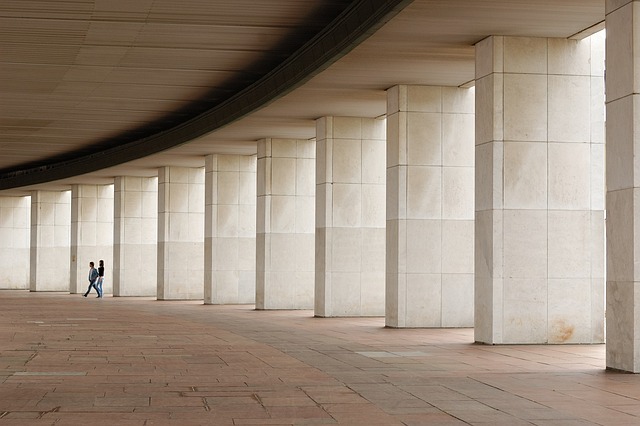
Insulated Concrete Forms (ICFs) have become a pivotal component in modern construction, offering a dual-layered approach to building efficiency and structural integrity. These high-performance building systems consist of concrete-filled foam blocks or panels that provide both the structural support and thermal resistance required for sustainable and energy-efficient structures. ICFs are engineered to deliver exceptional insulation values, significantly outperforming traditional construction methods in conserving energy. The result is a reduced demand for heating and cooling, leading to substantial energy savings over the lifespan of the building. Furthermore, ICFs are not merely about thermal efficiency; they are designed to withstand various environmental stressors, providing resilience against extreme weather conditions. This robustness contributes to the longevity and safety of the structure, making ICF a superior choice for those seeking both energy-efficient homes and fortified buildings capable of standing up to nature’s challenges. The integration of ICFs in construction projects is a testament to the industry’s commitment to innovation and sustainability, paving the way for smarter building solutions that offer comfort, durability, and cost-effectiveness without compromising on environmental responsibilities.
The Thermal Efficiency Advantage of ICF Structures
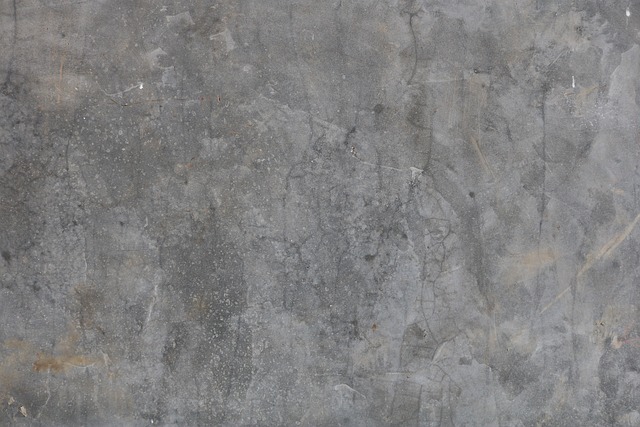
Insulated Concrete Forms (ICF) offer a significant thermal efficiency advantage over traditional construction methods. The high-performance insulation within the ICF sandwich panels provides an unmatched R-value, which significantly reduces heat transfer. This means that during the summer, ICF structures keep interiors cooler for longer periods, reducing the need for air conditioning and consequently saving energy. Conversely, in winter months, these structures maintain warmth more effectively, thereby lessening reliance on heating systems and conserving energy. The result is a year-round reduction in energy consumption, leading to substantial cost savings for homeowners and contributing positively to the environment by lowering greenhouse gas emissions associated with heating and cooling.
Furthermore, ICFs are not only beneficial for their thermal properties but also enhance structural strength. The interlocking blocks of the ICF system provide a monolithic concrete pour that cures into a solid, seamless wall. This creates a structure with superior resistance to external forces such as high winds and seismic activity. Additionally, the inherent durability of concrete, combined with the effective insulation, ensures that ICF structures maintain their integrity over time, offering long-term savings and performance benefits for those seeking energy-efficient and robust construction solutions.
ICF and Energy Savings: A Comprehensive Analysis

Insulated Concrete Forms (ICF) represent a significant advancement in building technology, offering substantial energy savings and unparalleled structural strength. The thermally efficient nature of ICFs is due to their airtight seal that minimizes thermal bridging, a common issue with traditional construction methods. This design not only ensures interior temperature stability but also significantly reduces the overall energy consumption for heating and cooling. Homeowners who opt for ICF structures can expect to see a marked decrease in their utility bills, as the high R-values of these forms provide superior insulation compared to other materials. The durability of ICFs is another critical advantage; they are exceptionally resistant to environmental stressors such as wind, hail, and seismic activity, making them an ideal choice for energy-conscious and disaster-resilient construction.
Furthermore, the structural integrity provided by ICFs is unmatched. The interlocking foam and concrete layers create a monolithic thickened wall slab that functions as a composite structure with high compressive strength. This robustness means that ICF buildings can span large open spaces without additional support, allowing for creative architectural designs. Additionally, the energy savings associated with ICFs extend beyond the initial construction phase; their longevity and thermal mass contribute to sustained energy efficiency over time. The reduced energy demand translates into a lower carbon footprint, making ICF an environmentally friendly choice that aligns with sustainable building practices and goals for a greener future.
ICF for Long-Term Cost Reduction: An Investment Perspective
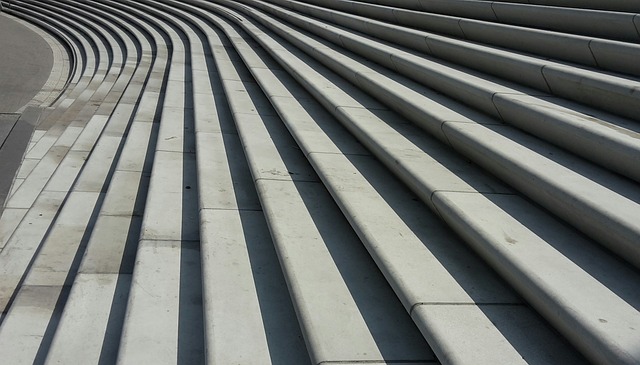
Insulated Concrete Forms (ICFs) offer a dual advantage for those looking to invest in both energy savings and structural strength. From an investment perspective, the initial cost of constructing with ICFs can be offset by the long-term energy efficiency benefits that significantly reduce utility expenses. Homeowners who opt for this building method can expect a substantial decrease in heating and cooling costs due to the high R-value inherent in the foam insulation, which maintains thermal consistency within the structure. This not only leads to increased comfort but also contributes to a lower carbon footprint as less energy is required for temperature control.
Moreover, ICFs are engineered to provide exceptional structural integrity, making them resilient against various environmental stressors. Their interlocking design and solid concrete core offer a fortress-like stability that can withstand high winds, heavy snow loads, and seismic activity, reducing the risk of costly repairs or renovations over time. This durability translates to a safer and more sustainable investment, as buildings constructed with ICFs tend to last longer than traditional framing methods. The combination of these factors makes a compelling case for ICFs as not just an environmentally friendly choice but also a financially prudent one in the long run. Investing in ICF construction can be seen as a forward-thinking move that yields both immediate and long-term returns.
Enhancing Structural Integrity with Insulated Concrete Forms
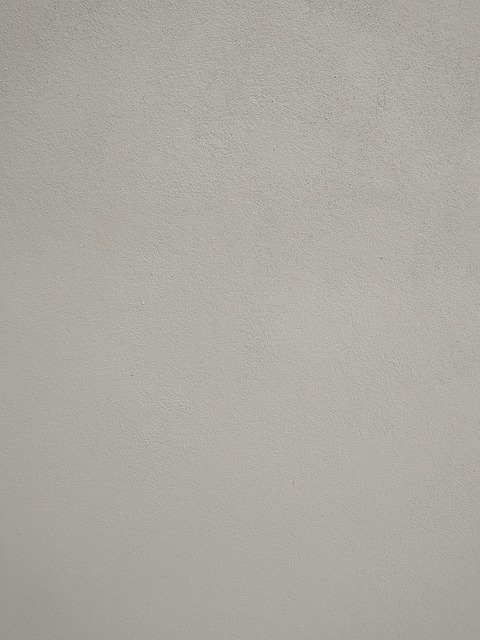
Insulated Concrete Forms (ICFs) are a building system that offers superior structural integrity compared to traditional construction methods. By integrating high-performance foam insulation with concrete, ICFs create a composite wall system that is both energy-efficient and durable. The interlocking foam blocks are filled with reinforced concrete, providing a monolithic thickened slab foundation that not only supports the structure but also offers resistance against environmental stresses such as wind loads, seismic activity, and temperature fluctuations. This robust design ensures that buildings constructed with ICFs are less prone to structural failure and can endure extreme weather conditions, thereby enhancing the safety and longevity of the building.
Moreover, the insulating properties of the foam within ICFs contribute to significant energy savings. The high R-value of the insulation minimizes heat transfer, leading to reduced heating and cooling costs for the occupants. This thermal performance is consistent throughout the wall’s thickness, unlike traditional stud wall systems where insulation can be compromised at seams and joints. As a result, buildings using ICF technology maintain a more stable indoor temperature year-round, which not only improves comfort but also contributes to a lower carbon footprint by reducing energy consumption. The integration of Insulated Concrete Forms in construction is a testament to the synergy between energy efficiency and structural strength, making them an excellent choice for homeowners and builders looking to invest in sustainable and resilient building practices.
Insulated Concrete Forms (ICFs) emerge as a pivotal innovation in modern construction, offering dual benefits of remarkable energy savings and unparalleled structural strength. By integrating ICFs into building practices, homeowners and developers can significantly enhance thermal efficiency, leading to reduced energy consumption and lower utility costs over time. The comprehensive analysis presented underscores the financial wisdom and environmental responsibility inherent in investing in ICF technology. Its role in creating durable, resilient structures is undeniable, making it a wise choice for those looking to build sustainably while ensuring safety and longevity. In essence, ICFs represent a strategic advancement in the construction industry, aligning with contemporary demands for energy-efficient and robust homes.
